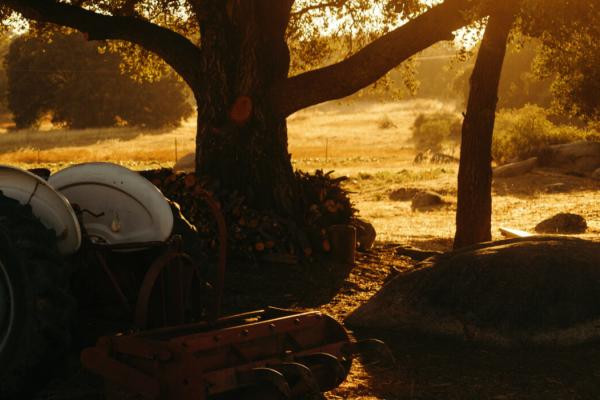OVER THE COURSE of 2017, I spent a lot of time thinking about how the catastrophe of November 2016 came about and a lot of time listening to country singer-songwriter Margo Price. Somewhere along the way, the two activities came together. Price’s artistic rise roughly coincided with Trump’s political one. She won the Americana Emerging Artist Award for 2016 with her first album,Midwest Farmer’s Daughter, and her second, All American Made, was released to much acclaim in October. She makes the kind of rough-hewn, class-conscious country rock that is one of my minimum daily requirements. Both of her albums are anchored by intensely autobiographical songs (“Hands of Time” and “Heart of America,” respectively) that spring from the same historic disruption in her family’s life: the loss of their family farm to foreclosure during the 1980s farm crisis. But here’s the kicker: Margo Price wasn’t even 3 years old in 1986 when her “daddy lost the farm ... [and] took a job at the prison.” She must have little or no conscious memory of farm life, or the foreclosure, but when she sits down with her guitar to pour out her soul, that’s what keeps coming. It’s a wound that, 30 years later, not only hasn’t healed, it hasn’t even stopped bleeding. Maybe that’s where we need to begin if we’re to understand what happened in rural America in 2016.
Read the Full Article

